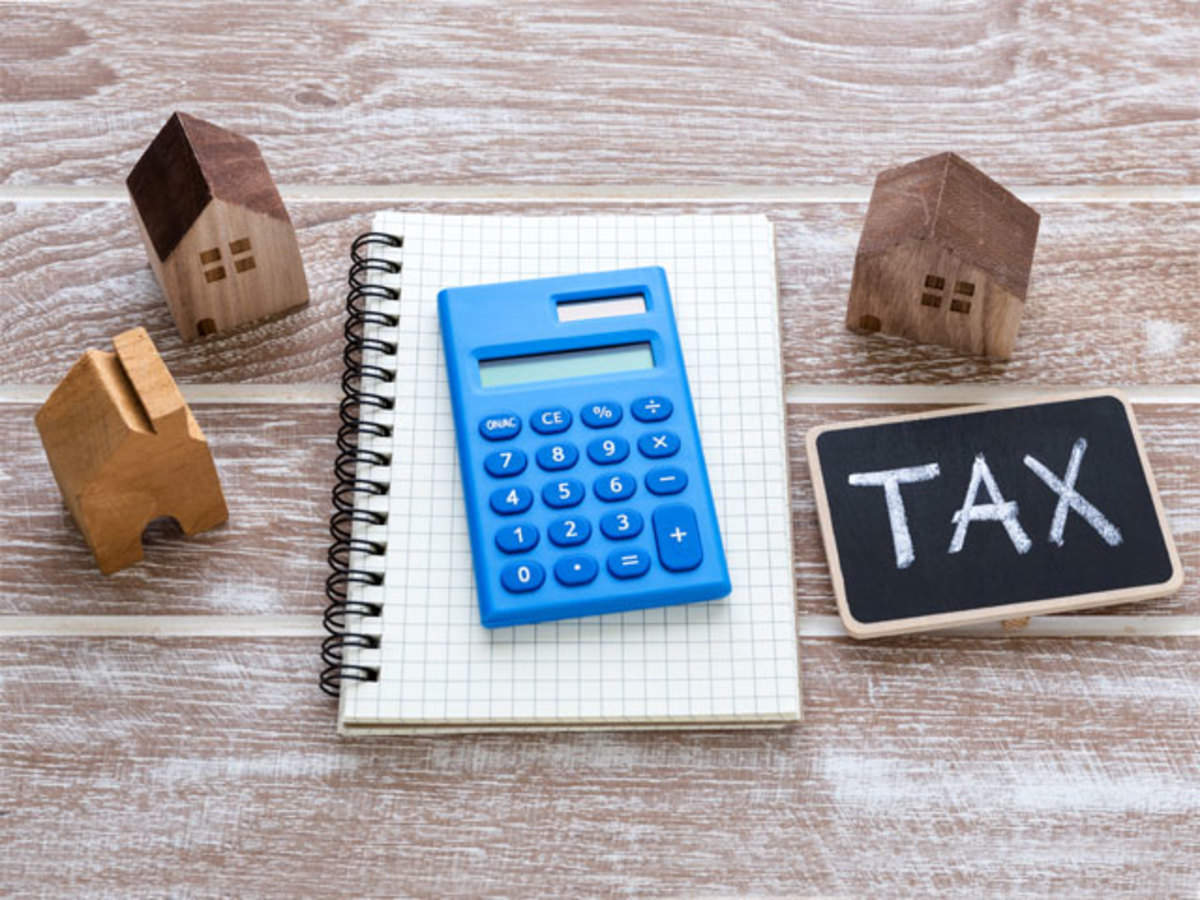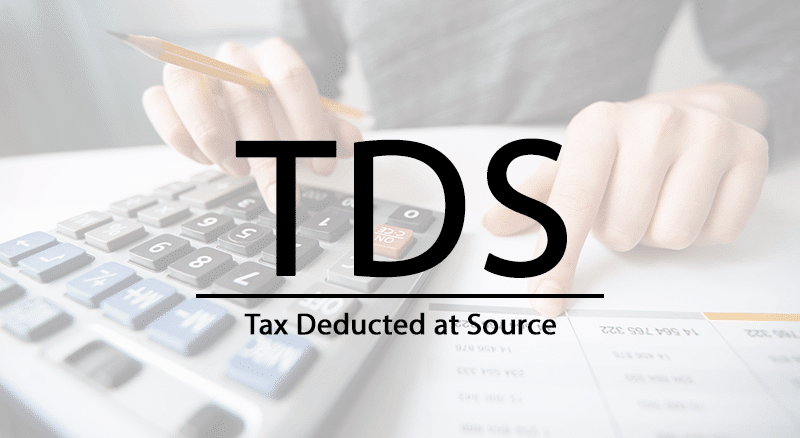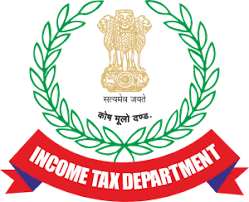Under Income Tax Act, House Rent Allowance (HRA) deduction is available at the least of the following amounts:
- Actual HRA received
- 50% of [basic salary + DA] for those living in metro cities
- 40% of [basic salary + DA] for those living in non-metros
- Actual rent paid Minus 10% of basic salary + DA
The HRA deduction reduces taxable income substantially, and thus salaried taxpayers have the same on their wish list. However, the benefit of deduction can be available only when you take a house or a portion of it on rent, which is not owned by you and you actually pay rent for living in the rented accommodation.
Now here the question arises as to whether to avail of the HRA benefits, can a taxpayer make payment of rent to his wife or other family members. Many taxpayers even register the house that has been bought by him in the wife’s name in order to get a cheaper home loan, pay a lower registration amount as well as availing the HRA benefits by showing rent paid to the spouse.
Whether HRA deduction will be admissible in regard to rent to spouse / wife ??
The Delhi bench of the Income Tax Appellate Tribunal ( ITAT ) has recently in its ruling in the case of Abhay Kumar Mittal has held that Income Tax Act does not prohibit claiming HRA exemption on the rent paid to one’s spouse. Let’s discuss the above ruling in detail.
Facts of the Case:
- Abhay Kumar Mittal, the appellant, filed the appeal against the order of Assessing Officer (AO) while denying the claim of deduction of the rental amount paid to the assessee, observed that the rental income earned by Mrs. Shivani Mittal, the W/o the assessee is liable to be clubbed in the hands of the assessee since it is proved that the investment to purchase the property was in fact made without having any independent source of income.
- Accordingly AO clubbed the rental income of Rs 5,34,000/- after allowing deduction u/s 24A @ 30% (Rs.1,60,200/-) and addition of Rs. 3,73,800/- was made in the hands of the assessee.
- The assessee explains the capacity of the assessee’s wife to purchase the property giving details of sources of funds for the same. It was explained by the assessee that the property is worth Rs.1.15 Crore was claimed to be purchased by the assessee’s wife for which amount of Rs.87.50 lakhs were funded by the assessee himself and the remaining amount was claimed to have been invested out of her own sources i.e. maturity of FD amounting to Rs 33.25 lakhs.
- It was further submitted by the assessee that the Income Tax Act does not prohibit claiming HRA exemption on the rent paid to one’s spouse, that assessee’s wife is a qualified medical practitioner and she has returned the loan extended to her by the assessee from the liquidation of mutual funds and fixed deposits.
Order of ITAT: Deliberation and Ruling
- The ITAT observed that the assessee’s wife who has low returned income but received loan from the assessee and she has repaid the loan from the redemption of mutual funds and liquidation of fixed deposits.
- ITAT noted that there is no bar on the part of the assessee to extend loan from his known sources of income to his wife. Similarly, there is no bar on the assessee’s wife to repay the loan from her own mutual funds and fixed deposits.
- ITAT also noted that the assessee has paid house rent and the recipient, the assessee’s wife has declared the same under the head “income from house property” in her returns which has been accepted by the revenue.
- ITAT held that the ld . CIT(A)’s observation that the assessee has got meager income hence he cannot afford to purchase a house cannot be accepted. Further the ld . CIT(A)’s contention that the husband cannot pay rent to the wife is devoid of any legal implication supporting any such contention.
READ / DOWNLOAD ORDER:
***
Don’t miss the next Tax Update / Article / Judicial pronouncement
Subscribe to our newsletter for FREE to stay updated on GST Law
Resolve your GST queries from national level experts on GST free of cost.
TW Editorial Team comprises of team of experienced Chartered Accountants and Advocates devoted to spread the knowledge of GST amongst the various stakeholders.




